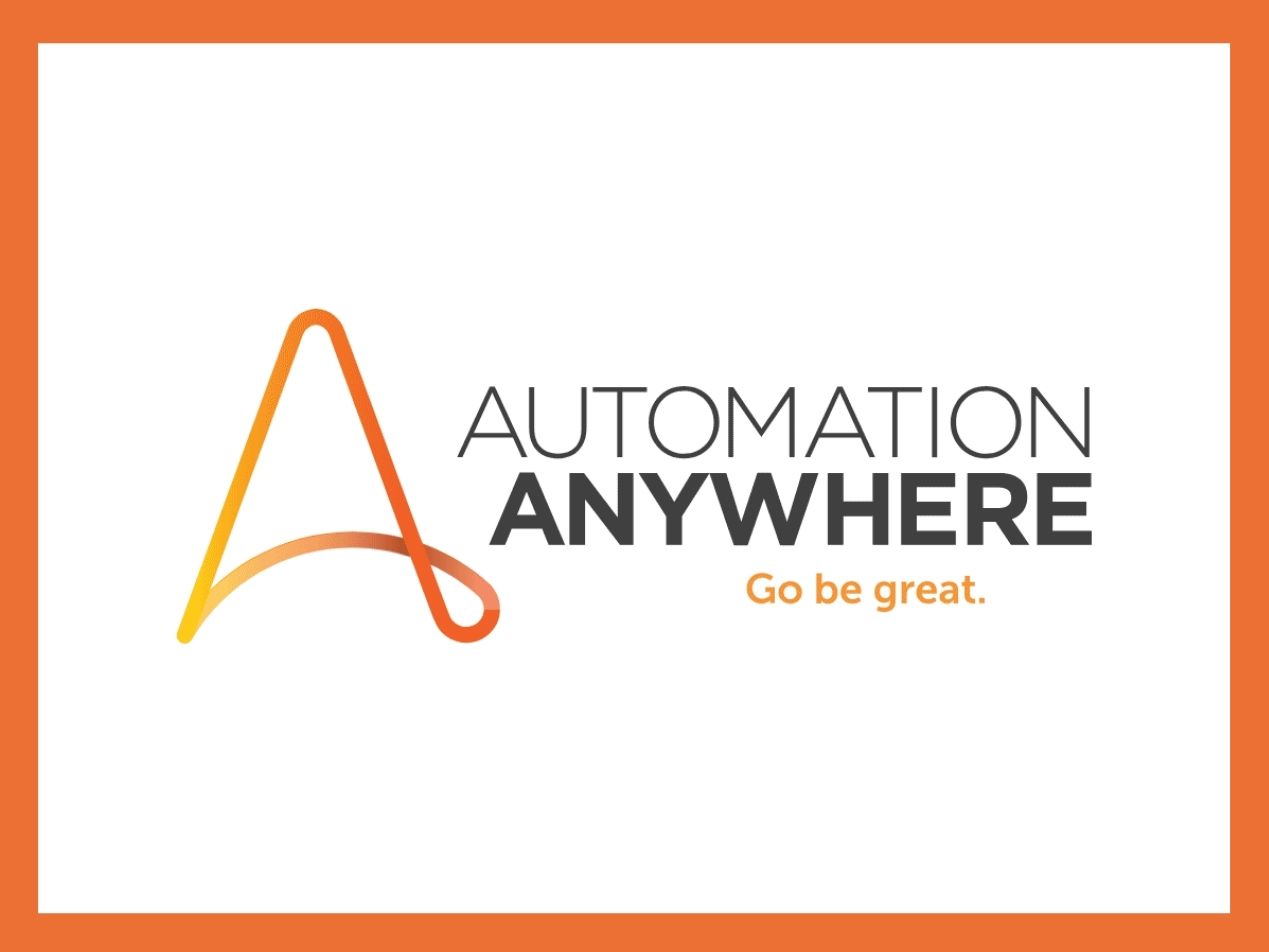
Compliance automation uses software to automate the tasks needed to meet legal and regulatory standards. This helps organizations follow laws and regulations consistently without manual effort.
How compliance automation works
A well-rounded HIPAA compliance automation software should not only address basic compliance needs but also offer advanced functionalities that are well-balanced with ease of use. Features should include:
- Automated self-audits: The system conducts regular self-audits to assess compliance with HIPAA standards. These audits include automated checklists and questionnaires that cover various aspects of HIPAA requirements, such as privacy, security, and breach notification rules.
- Gap analysis and remediation: Post audit, the automation software identifies gaps in compliance and generates remediation plans. These plans are tailored to address specific deficiencies found during the audits.
- Policy and procedure management: The tool automates creating and updating HIPAA-related policies and procedures. It ensures that these documents are up-to-date, comprehensive, and compliant with the latest HIPAA regulations.
- Business associate management: The system helps manage agreements and relationships with business associates, such as HIPAA compliant email software. It automates the sending, receiving, and storing of Business Associate Agreements, ensuring all partners comply with HIPAA requirements.
- Breach notification and incident response: In the event of a data breach, the automated system assists with breach notifications, ensuring timely reporting to affected parties and regulatory bodies by HIPAA guidelines.
- Audit preparation and support: The software helps organizations with HIPAA audits by providing documentation, compliance support, and responding to auditor requests.
See also: Can software be partially HIPAA compliant?
Benefits and challenges
Weighing up the benefits and challenges of any significant decision, such as implementing automation software, is necessary to ensure a well-informed and balanced approach. Although there are varying factors in larger and smaller organizations, commonalities can be found within automation software across the spectrum.
Benefits
- Increased efficiency and time savings
- Reduced risk of human error
- Enhanced data accuracy and consistency
- Simplified compliance process management
- Real-time monitoring and alerts for compliance issues
- Improved documentation and record-keeping
- More accessible adaptation to regulatory changes
- Higher staff productivity due to reduced manual workload
Challenges
- Initial setup and integration complexities
- Training staff to effectively use the software
- Cost of purchasing and maintaining the software
- Adapting to software updates and changes
- Ensuring compatibility with existing systems
- Dependence on vendor support and responsiveness
- Risk of over-reliance on automation for compliance
- Keeping the software updated with evolving HIPAA regulations
- Potential issues with data migration and security during setup
Subscribe to Paubox Weekly
Every Friday we bring you the most important news from Paubox. Our aim is to make you smarter, faster.




